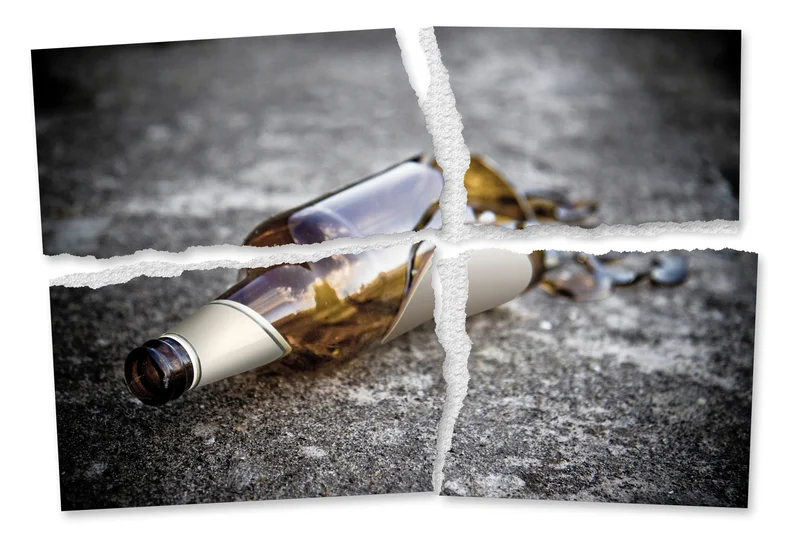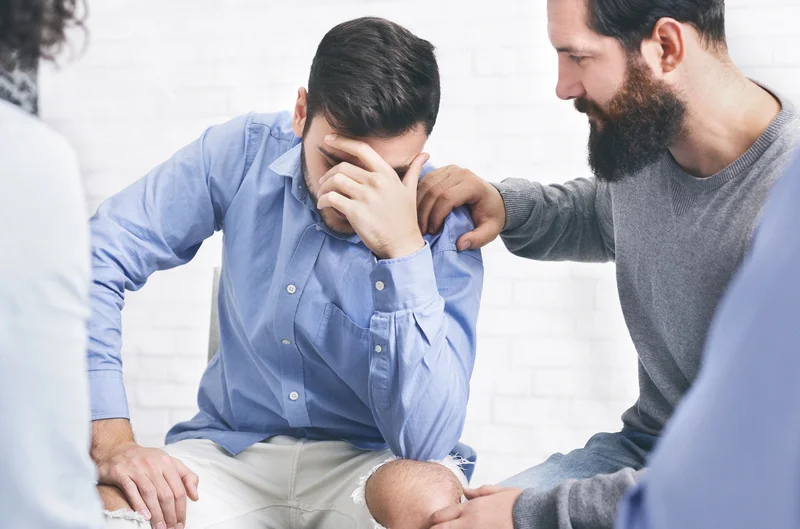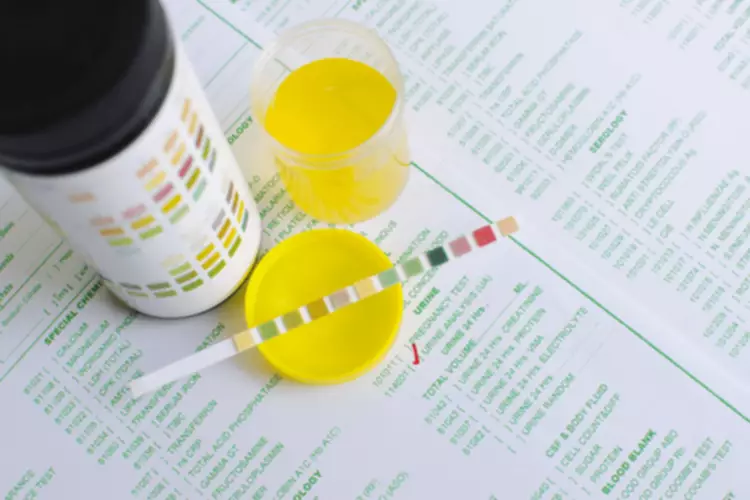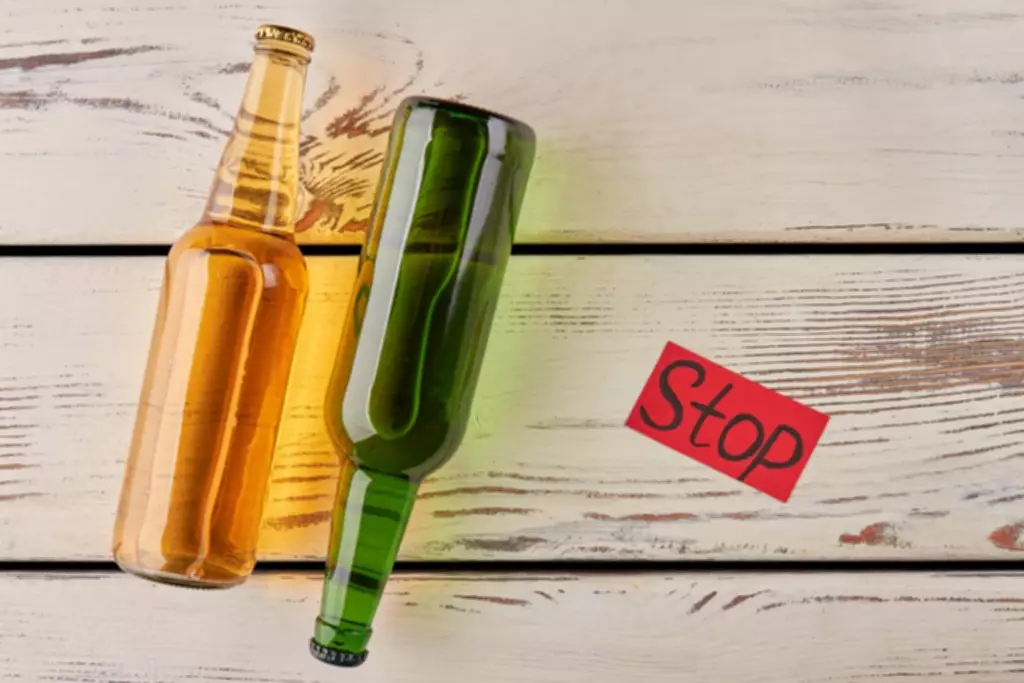
Experience an honest account of battling substance abuse, embracing fatherhood, and rebuilding life one step at a time. That fall, the afternoon before my first evening jazz band rehearsal, I distinctly remember my first drunk — on Orange Tango. I remember the taste going down — and coming up. What a great feeling of belonging I had had — something I had never felt before. Shortly this led to nearly daily drinking or smoking marijuana, which at times was easier to obtain. Despite my marijuana addiction increasingly frequent substance use, I excelled as a student.

Building and Repairing Relationships
I truly believe that if everyone worked the steps, there would be world peace! Because I looked at my part, where could I have done better, been more honest, less selfish, helped someone else that needed a little extra love and encouragement. Sydney reached a tipping point where she realized she couldn’t stop drinking on her own.
India, Pakistan War Fears After Strikes: Live Updates
I couldn’t really sort through who I actually wanted to be around because I felt like I was just along for the ride and I wasn’t really in charge. When you’re an alcoholic and you’re not sober, you feel trapped. It was just one blackout after another, messing up relationships, apologizing for things. I look back and am amazed at how long I was OK with settling for that life.
- I realize that I don’t give myself enough credit.
- I learned how to deal with difficult emotions in therapy as a part of my journey and found healthier ways to express them.
- By exploring the root causes of addiction and developing coping strategies to deal with emotional triggers, individuals can build a strong foundation for long-term sobriety.
Acceptance as the First Step
Especially Mel Timberlake and my therapist Nadine. Mel has an amazing story and against all odds he came back from near death and decided to become a counselor to help people with the same disease he has struggled with. I believe Mel found his calling and is doing exactly what he was meant to do in life. Mel, Nadine, and the rest of the staff at RVC saved my life and I am forever grateful for them showing me that happiness and recovery is possible for anyone who wants to achieve it. Our staff is ready and waiting to talk with you now.
A successful marketing executive and mother of two, Lisa’s life seemed picture-perfect from the outside. But behind closed doors, she was battling a crippling addiction to prescription opioids. Jake’s turning point came when he was arrested for possession. Facing jail time, he was offered the chance to enter a drug court program instead. It was there that Jake finally confronted the full extent of his addiction and began the hard work of recovery.
- It made me feel powerful, like I was unstoppable.
- These may include ongoing therapy, regular attendance at support group meetings, developing healthy coping mechanisms, and avoiding triggers.
- In my most shameful moment, rather than hiding or posturing or denying, I let people see me.
- But within this bleak landscape, there are tales of incredible resilience, courage, and transformation that remind us of the indomitable human spirit.
- Always striving to function in society to avoid having to stop drinking.
Alcohol Addiction Recovery Stories: Breaking Free from the Bottle
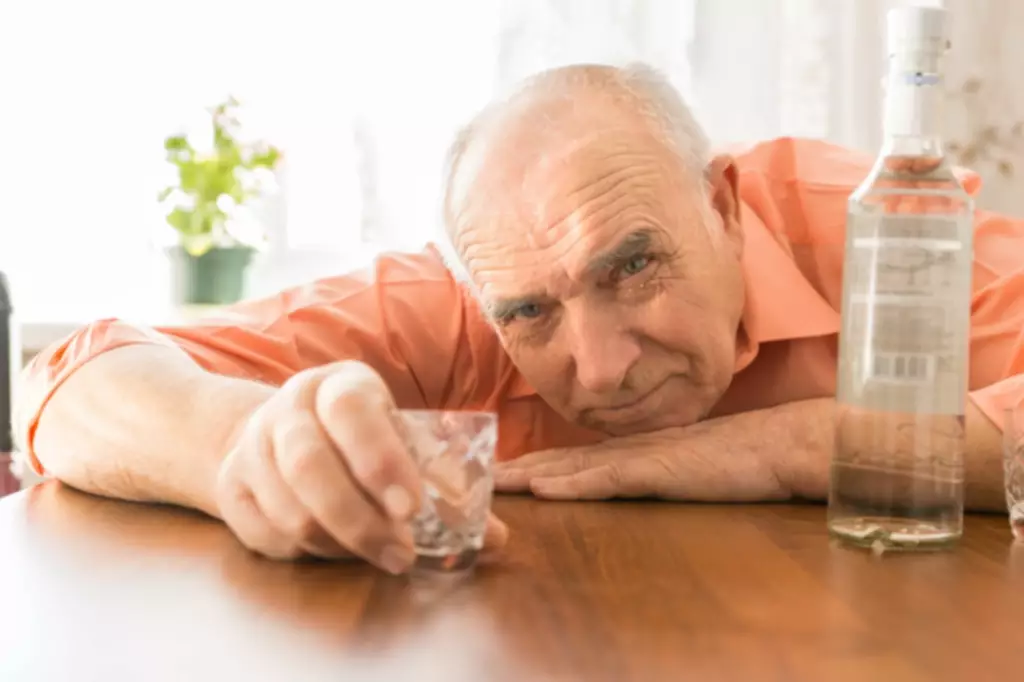
So, life as a sober person was very difficult at the beginning. Although my wife doesn’t drink, I couldn’t go to places where alcohol was served and I became a bit of an introvert. At our family Christmas in 2016, I noticed there was no alcohol and a few hours in I asked my father why they weren’t drinking. I realized my family had collectively decided to abstain from alcohol for my sake.
How to Manage Pain and Discomfort During Opiate Detox
I am currently a resident at Real Recovery in North Tampa. The apartments at the facility have all been remodeled and are like new. The property is really clean and I have access to all the amenities as well as a pool table, a workout gym, a library, a computer room, and an air hockey table. The staff is very helpful and sober success stories supportive and the residents are all like one big Family.
That is how we react so long as we keep in fit spiritual condition. If you think you have a problem, then you know you should get help. Now celebrating over two decades of sobriety, Curtis is proud to have broken a familial cycle of addiction. In fact, Pitt has said that “every day has been happier ever since” becoming sober. This article will celebrate the celebs that are in recovery and aims to inspire anyone considering their own road to recovery in the new year.
Meth Addiction Movies: Powerful Portrayals of a Devastating Epidemic

That night she was assaulted again and I went to pick her up and take her to hospital. I took her to my hotel and told her I would be leaving in the morning and if she wanted help, I would get her help. I was not very hopeful but in the https://ecosoberhouse.com/ morning she said yes. I took her to detox and that started her journey back to the living.
Once you stop drinking, your brain’s amygdala circuits become overly active, causing feelings of irritability, anxiety, and emotional pain. By quitting drinking, your life will transform in many positive ways – from better skin and brighter eyes to no more hangovers or regrettable behavior. You’ll even have more energy and better sleep with no alcohol-induced anxiety. As I quit drinking, I found myself with an abundance of time and energy that I had previously spent on alcohol. It was like waking up to a world full of possibilities.


